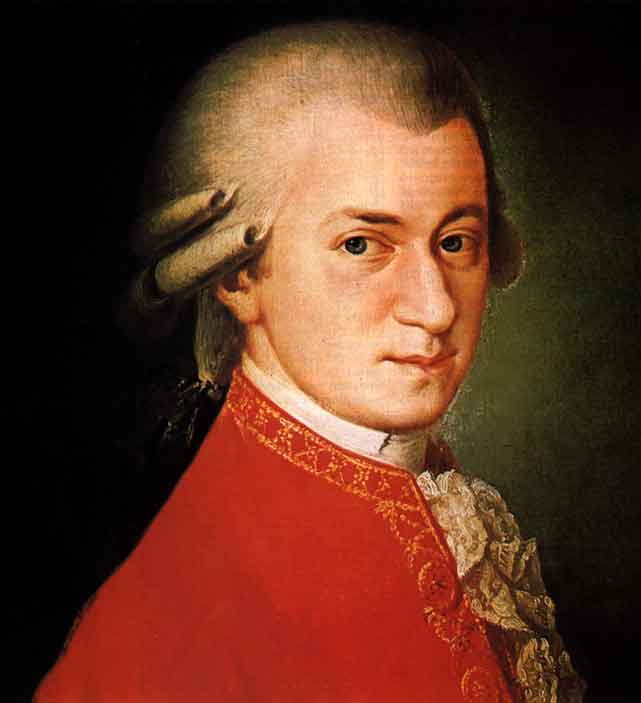At the age of 25 he accepted the position as Director of the United States Marine Band. It was during his legendary 52 year career as director that he became famous. He wrote well over 100 marches during him years. His musical El Capitan “is believed to have been the first musical by an American composer to enjoy a successful run on Broadway.” His musical genius for composing military marches in legendary. Who know what he would have created if did not accept the position as Director of the United States Marine Band and stayed in the theater world. One of his major music influences was Mozart, another famous child prodigy and composer.
This week I did not listen to as much of Sousa’s music because I have played some of them in band class. I love Sousa’s piece The Stars and Stripes Forever. I like the face paced beginning and the loud and soft changes and how it is so energetic and yet difficult to play at points. I also like how the listener feels like the music is speeding up, even though it really is not. Who doesn’t love a good loud ending with a lot of crashes and booms? The piccolo solo is so amazing to listen to and surprising that anyone could play it. I had the pleasure of listening to the President’s Own Band and they had at least 6 piccolos playing in unison the tricky licks and it was just phenomenal to listen to.
Another of my favorite Sousa pieces that I also am playing is Presidential Polonaise. It is less march like than many of Sousa works, but you hear the classic Sousa touches of fast paced music with a lot of dynamic contrast. It is in the classic march style with the loud faster beginning and then the quieter trio and then it becomes louder and returns to the main melody line. This song is more or a dance, but it sounds so cool. It still surprises me that with the tricky licks Sousa writes that we can still play them separated and cleanly articulated.
If you like Sousa more famous pieces try looking for some of his less know pieces and experience the brilliance of Sousa.
For more info on his history check out:
http://www.8notes.com/biographies/sousa.asp
http://www.naxos.com/composerinfo/John_Philip_Sousa_24864/24864.htm
Pictures from:
http://www.marineband.usmc.mil/imgs/sub/library_archives/1892palacehotel.jpg
http://upload.wikimedia.org/wikipedia/commons/3/34/JohnPhilipSousa-Chickering.LOC.jpg





